The mobile test lab
The mobile test laboratory from Waldner is a fully functional microbiological (virological, bacteriological and diagnostic) laboratory in a very small space, for example for genetic identification and examinations, molecular biological identification tests and many other diagnostic methods. The flexible and versatile laboratory containers offer a turnkey, self-contained system that requires only electricity, water supply and a place to set up. The layout of the mobile laboratory can of course also be adapted for other requirements - as a temporary or permanent solution to expand your laboratory capacities in research, development and analytics.
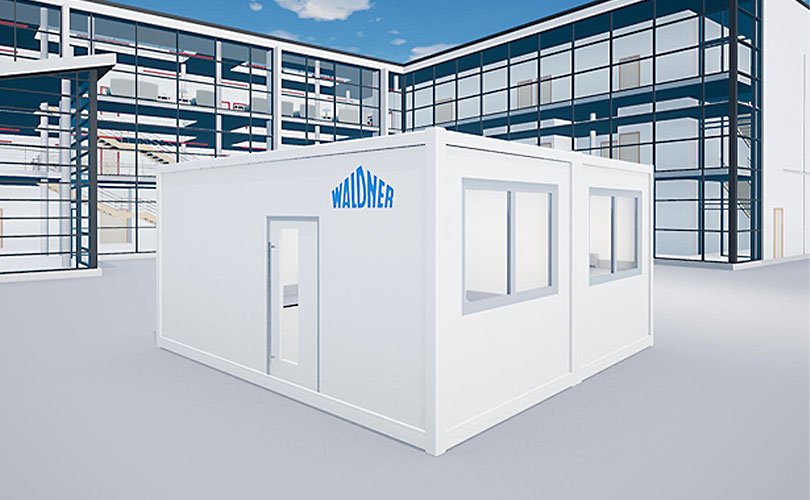
Test capacities on site worldwide
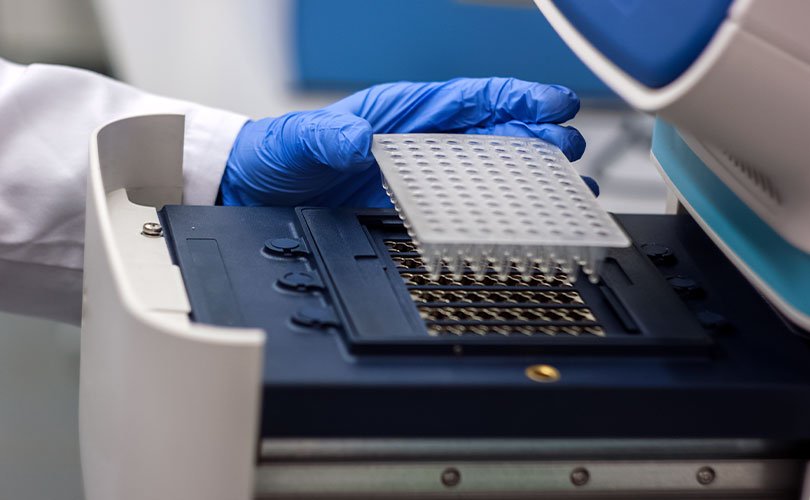
The concept was developed to support the establishment of SARS-CoV-2 testing capacities on site worldwide - not only for simple antigen testing stations but for complete PCR testing procedures on site. The laboratory is fully equipped with the necessary infrastructure and automated high-tech diagnostic tools. Our solution is based on standard laboratory equipment, which achieves an optimal cost-benefit ratio, thus reducing dependence on expensive manufacturer-specific consumables. Waldner can support the use of trained laboratory technicians through on-site training.
Concept

Mobile and flexible
Mobile and flexible module laboratory in accordance with the international guidelines for SARS-CoV-2 tests. On request also according to local requirements of the health authorities.

Easy installation
Minimum requirements for the location: level surface or floor plate, connection possibilities for electricity and (waste) water. Ideal location: hospital car park.

Plug and Play
Immediate commissioning possible through plug-in solutions for electricity, (waste) water and data connection.
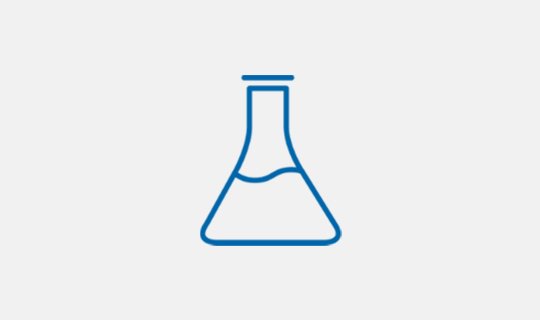
Fully equipped
Including all necessary equipment for analysis (rRT-PCR). Sufficient cooling and freezing capacity for the intermediate storage of samples.

Scalability
Scalable concept for different pathogens. The basic constellation of two container modules offers a capacity of up to 4,000 SARS-CoV-2 PCR tests in 24 hours and can be expanded as required.
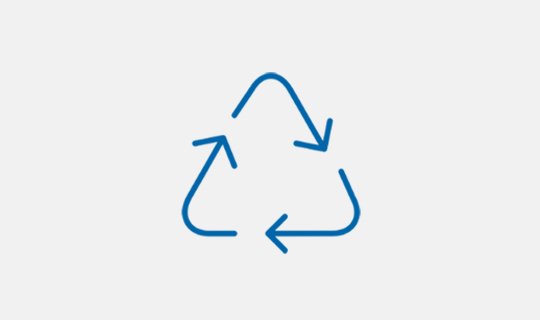
Sustainability
Can later be used for other tests (e. g. tuberculosis, doping tests, measles, influenza, SARS), enables most molecular biological identification tests to be performed.

Certification
BSL-2 laboratory in accordance with the recommendations of the RKI (Robert Koch Institute, Berlin) with regard to diagnostics and safety. This enables certification/accreditation by the operator.
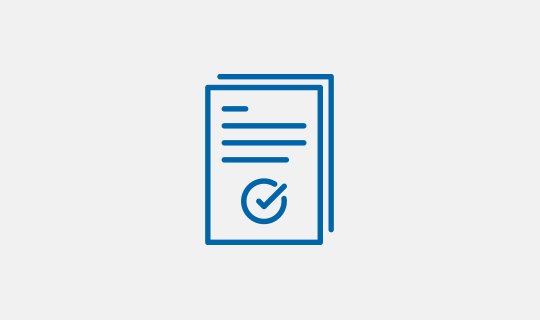
Standardisation
Standardised according to TRBA-100 (Technical Rule on Biological Agents).
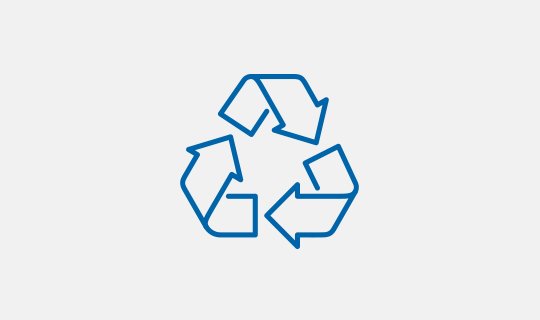
Waste disposal
Waste management, optional autoclave for inactivation of samples and wastes.
Process description
Due to the high volume of samples and material in the mobile SARS CoV-2 diagnostic laboratory, a central, upstream area is used for sample and material logistics for collection and temporary storage. Only then do the samples enter the preparation (extraction) area via an airlock, where they are opened under BSL-2 safety criteria and prepared for the actual analysis. Afterwards, a maximum of four rRT-PCR devices with a test capacity of approx. 45 tests per hour each are available in the diagnostics department. In this way, a high test capacity is achieved in a very small space.
- Dimensions: 6 m x 6 m x 3 m
- Weight: approx. 8 t (for a total of 2 containers)
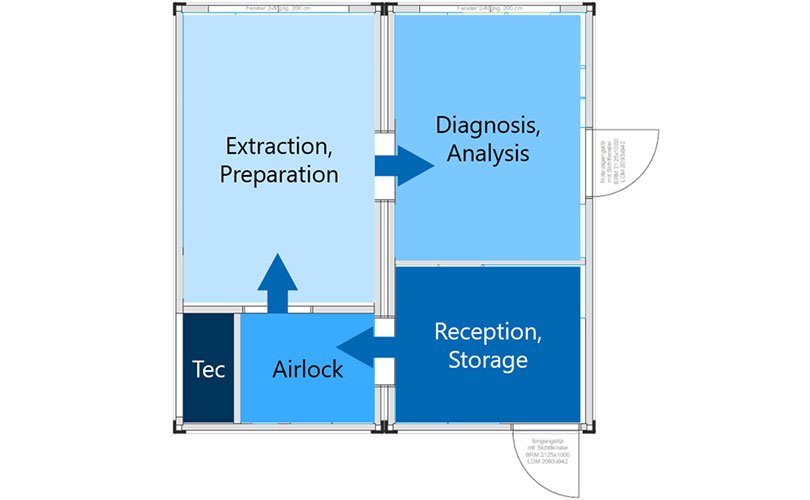
Variants
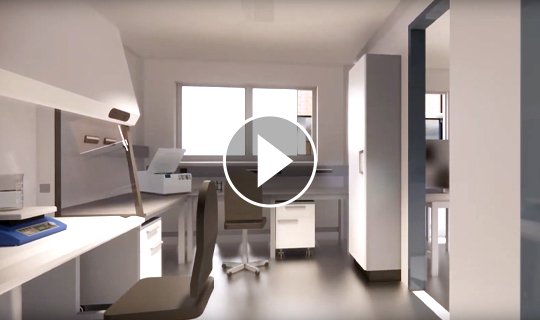
20 ft double container
Basic double container, ideal for setting up near a hospital with use of the local infrastructure.
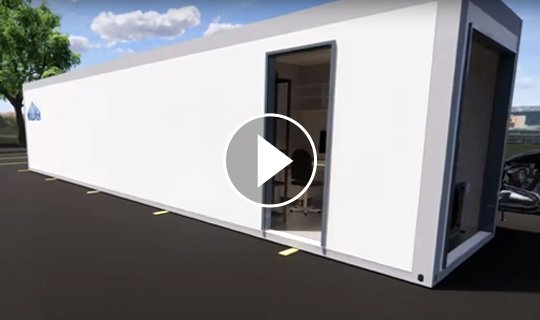
40 ft sea container
Highly flexible and autonomous sea container to operate worldwide in locations without existing infrastructure.
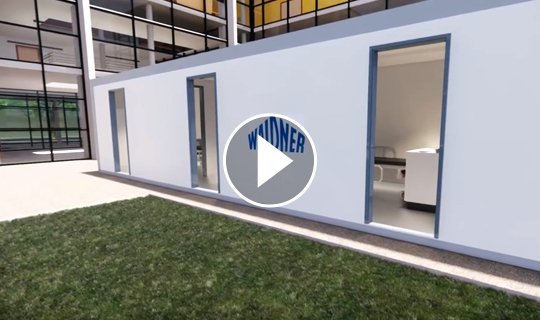
Vaccination centre
For the effective and location-independent implementation of vaccination campaigns.
Questions? With pleasure.
The system can be equipped with a diesel generator or solar panels / battery buffer as an option.
Yes, the construction is robust and made for remote locations.
An internal decontamination system is not intended for a BSL-2 laboratory. The usual surface disinfection methods are used. Other decontamination systems e.g. Fumigation is only required for BSL-3.
The container does not have its own fire alarm or fire extinguishing system. Fire protection varies greatly from country to country and cannot be generally maintained. Space and brackets for fire extinguishers are provided in the container. Fire extinguishing units can be specified according local guidelines and are optional.
Contaminated material is packed in special waste bags inside the container / laboratory. These waste bags are either autoclaved in the laboratory in an optional autoclave or in a nearby infrastructure (e.g. hospital). An external disposal company can also take over these bags and handle them appropriately.
Our technical team will provide remote support. Where possible, we could also involve our local service partner.
The solution is equipped with a container internal LAN.
Yes, for heating and cooling, no humidity regulation.
The container is built up slightly so that a natural step is created. It also has a canopy and is therefore, protected against usual weather influences.
The recommended personal protective equipment is safety glasses, liquid-tight long-sleeved lab coat with tight cuffs, protective gloves, respiratory mask / mask (N95) and laboratory shoes.
This diagnostic laboratory has no special certification. Accreditation must be arranged by the operator. Waldner designed the container lab as a BSL-2 laboratory. All technical requirements are considered. Furthermore, the recommendations of the WHO, the Robert Koch Institute in Berlin and the rules of the German TRBA 100 (protective measures for activities with biological agents in laboratories) are taken into account. These are the prerequisites for a possible certification.
RNA extraction and QPCR kits.
Training can be arranged for all designated persons to allow them to perform the tests using the systems supplied.
We can train them for troubleshooting, maintenance and standard repairs.
